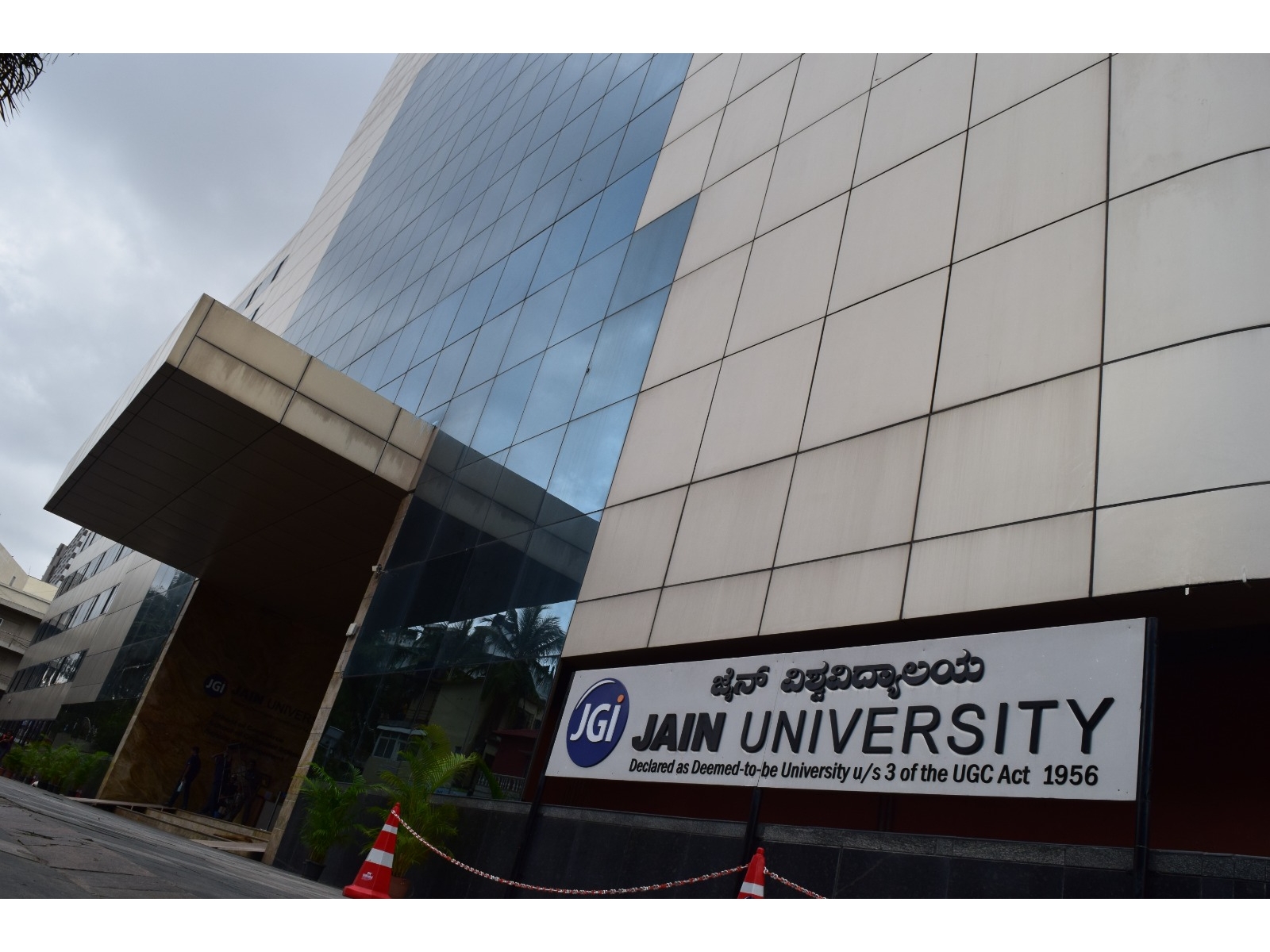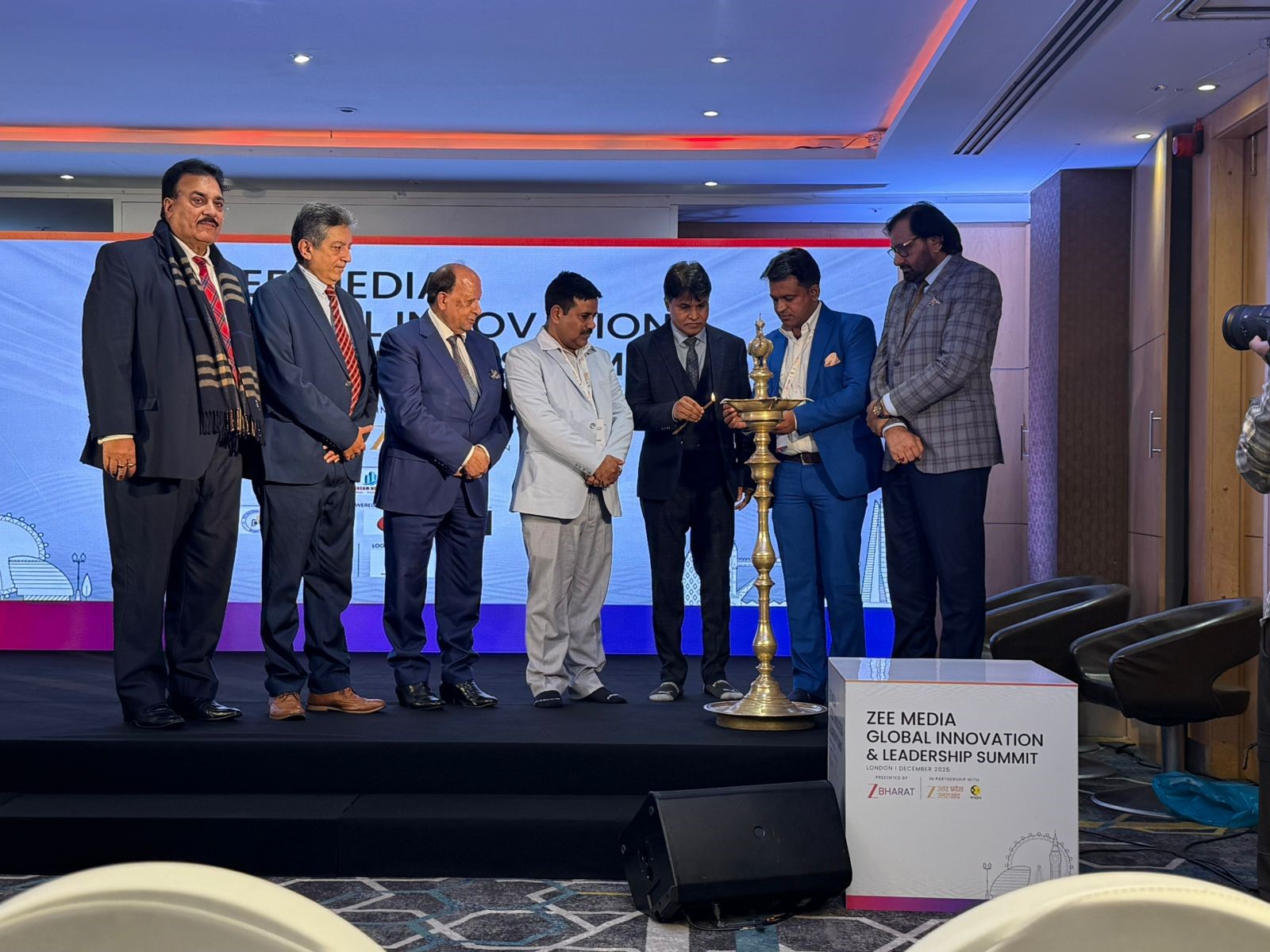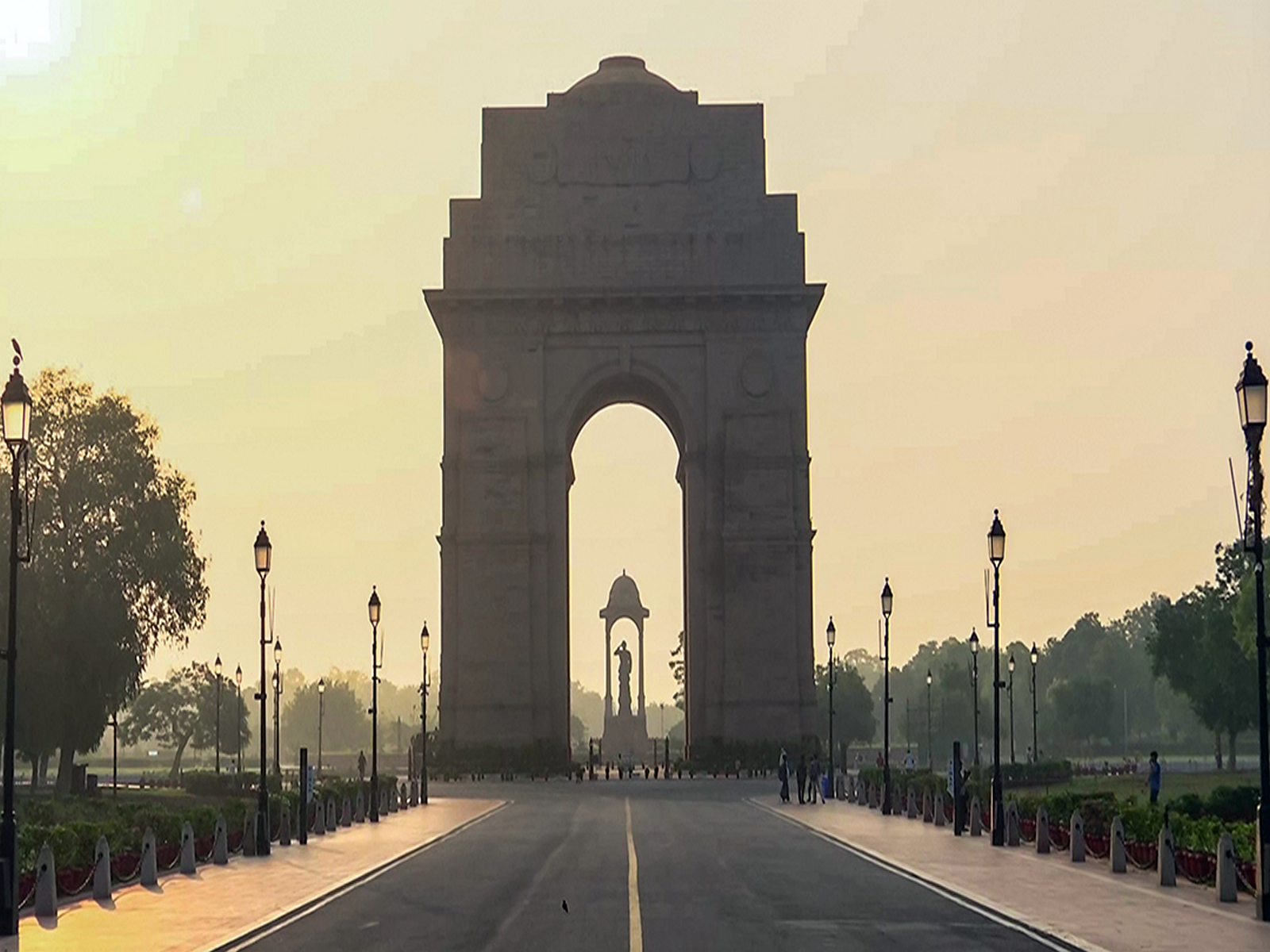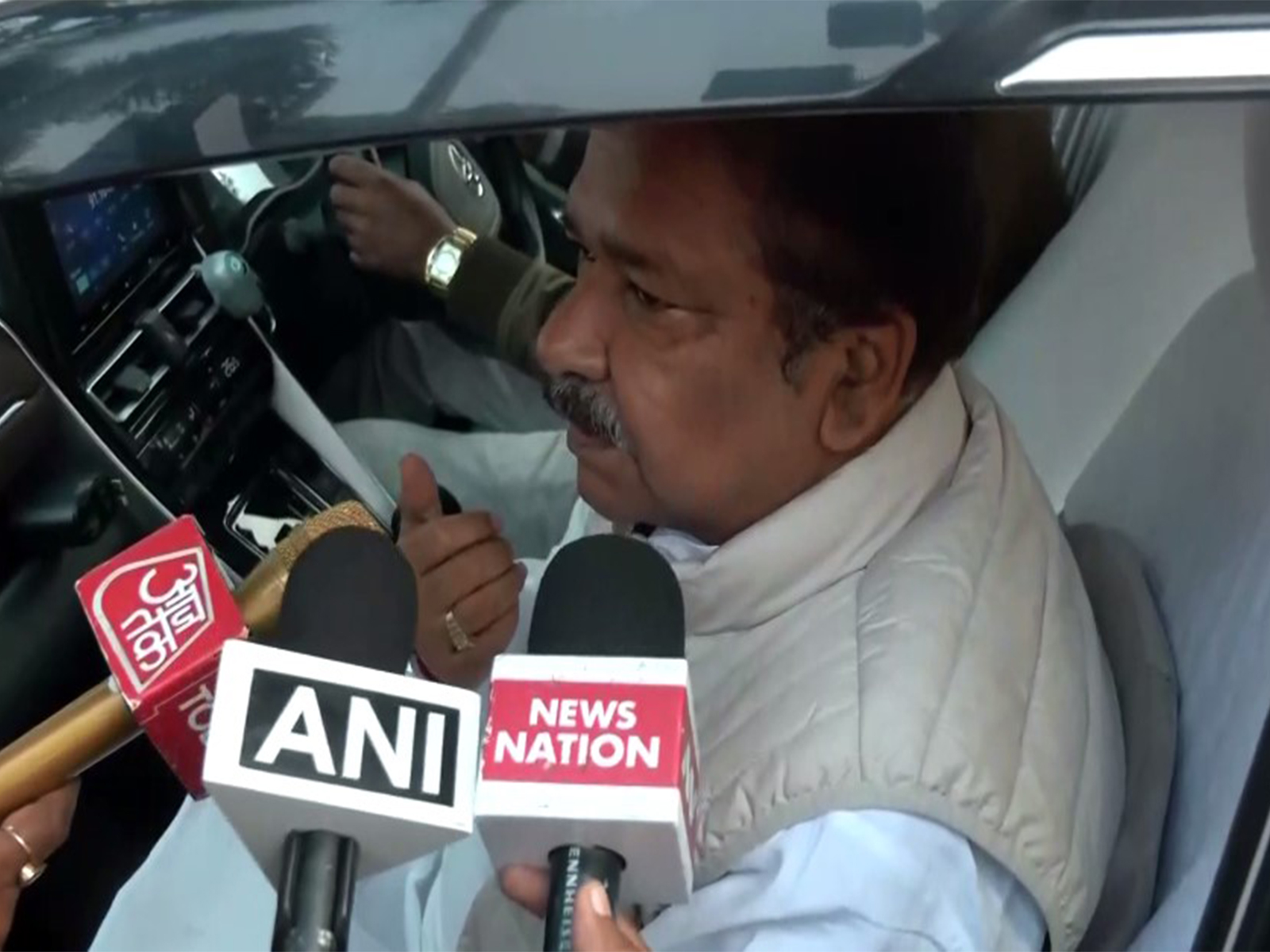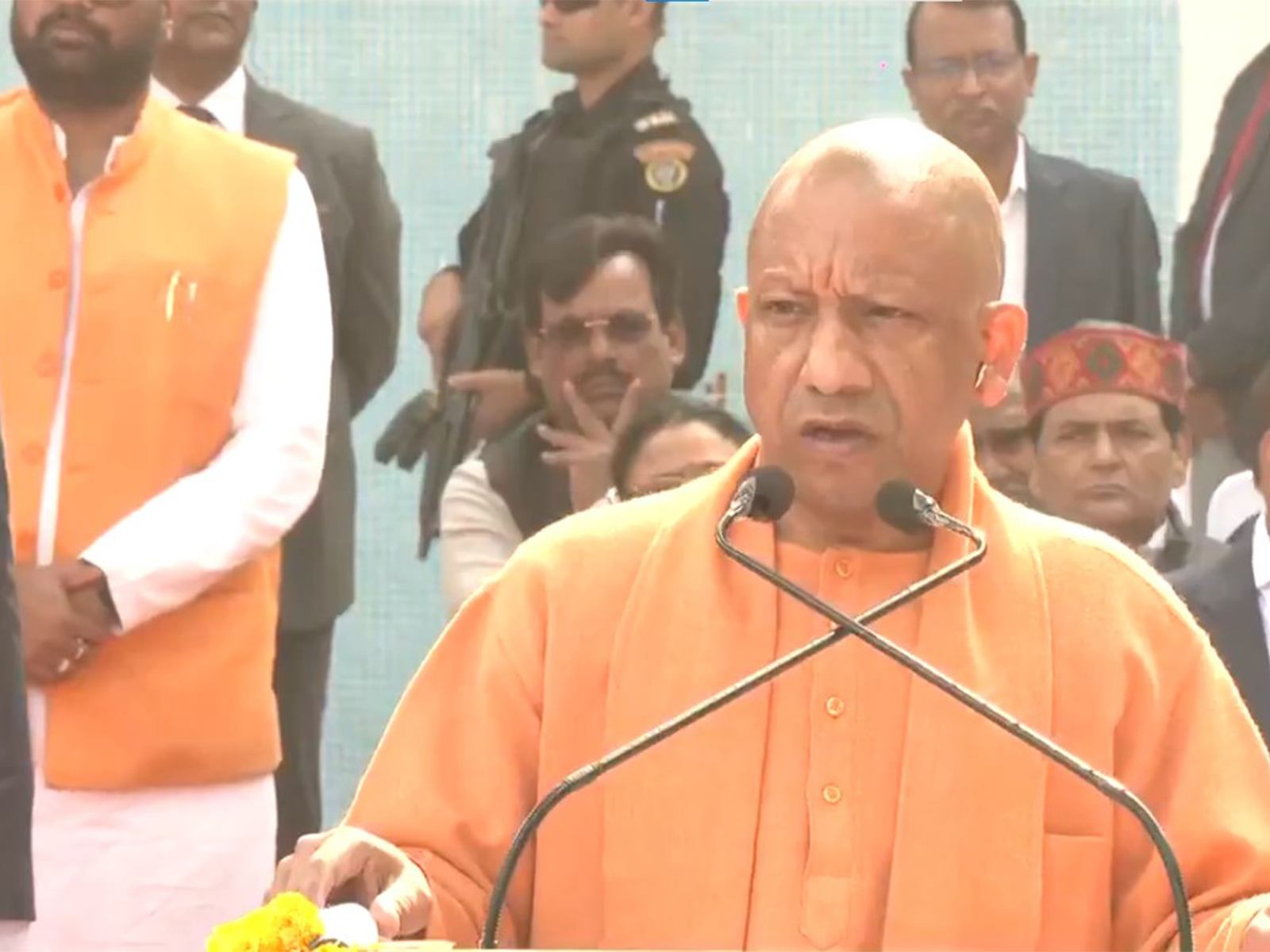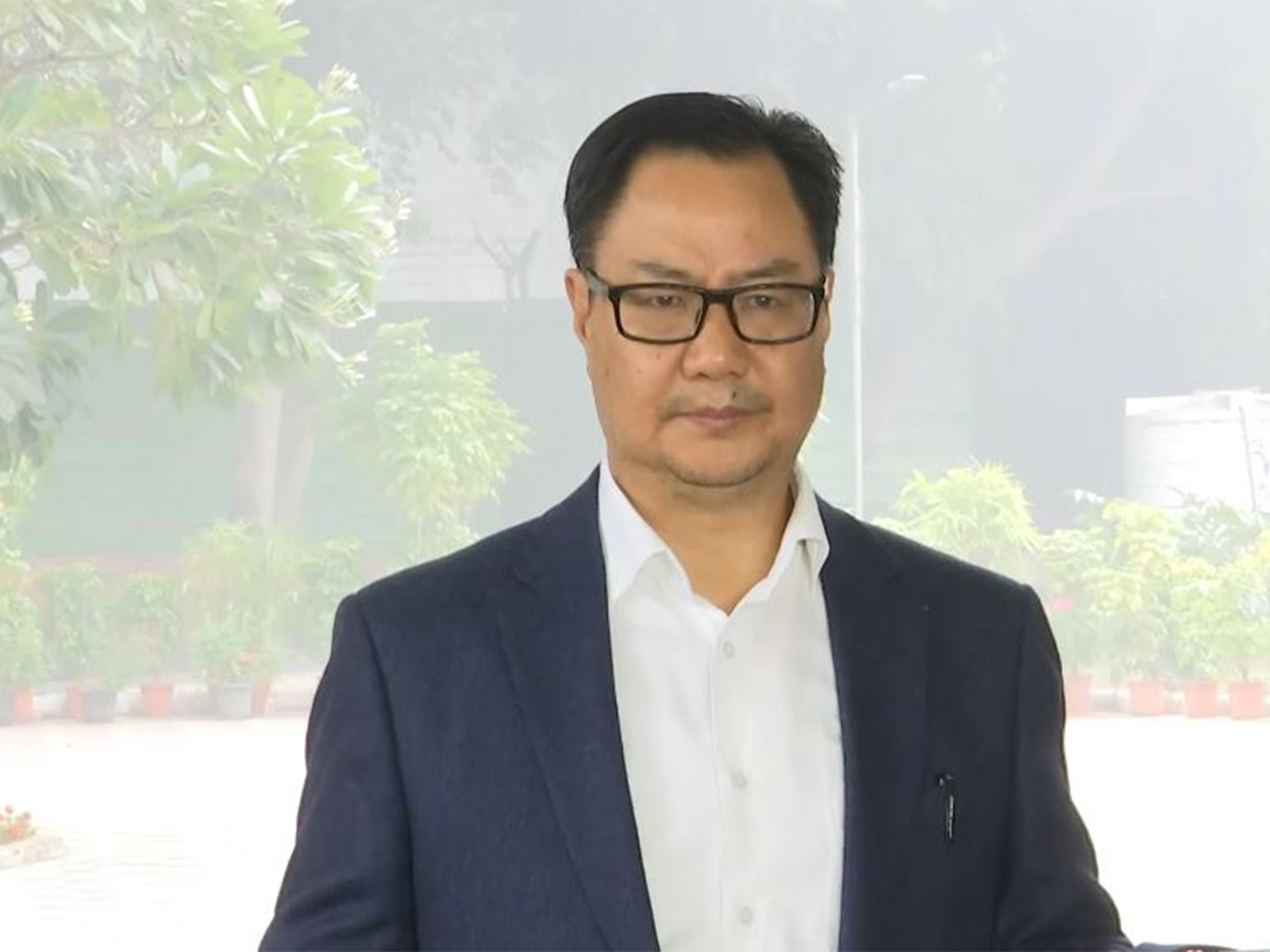Power sector stakeholders should collaborate to meet target of 2100 GW by 2027: Power Minister
Oct 14, 2024

New Delhi [India], October 14 : To meet the needs of sustainable growth, technological innovation and a rapidly expanding economy, the Central Electricity Authority (CEA) has unveiled its vision for the power sector at a summit on the Indian Power sector scenario in 2047.
Speaking at the summit, Minister for Power, Housing & Urban Affairs, Manohar Lal outlined the government's strategy to meet the burgeoning energy needs and asked all the stake holders to collaborate to meet the target of 2100 GW by 2047.
"By 2047, we anticipate our power demand to reach 708 gigawatts. To meet this, we need to increase our capacity by four times, i.e. 2,100 gigawatts," said the minister
The minister also highlighted the scale of demand and said . "This is not just about increasing capacity; it's about reimagining our entire energy landscape."
The conclave is being organised in collaboration with a broad range of stakeholders, including FICCI and CBIP, among a host of other organisations.
The critical role of renewable energy was also highlighted by the minister "We have set an ambitious target of 500 GW of non-fossil energy capacity by 2030, effectively doubling our current capacity," he said.
This push towards green energy aligns with India's commitment to reducing carbon emissions by one billion tonnes by 2030 and achieving net-zero emissions by 2070.
The National Electricity Plan (Transmission), developed in consultation with various stakeholders, outlines a comprehensive strategy to achieve the government's energy transition goals.
It details the transmission infrastructure required to support 500 gigawatts of renewable energy capacity by 2030, increasing to over 600 gigawatts by 2032.
A planned addition of 190,000 circuit kilometres of transmission lines and 1,270 GPA of transformation capacity over the next decade needs an investment of over Rs 9 lakh crore.
Minister of State for Power and New & Renewable Energy, Shri Shripad Yesso Naik, said "Significant investment will be needed in renewable technologies, energy storage solutions and grid modernisation,"
He highlighted the pivotal role of the Central Electricity Authority in shaping the sector's transformation, noting its wide-ranging responsibilities from formulating national electricity plans to setting technical standards.
During the summit Pankaj Agarwal, Secretary, Ministry of Power, outlined India's roadmap for a modern, energy-efficient power sector, emphasizing India's critical role in the vision of ONE SUN, ONE WORLD, ONE GRID for a sustainable future.
He underscored the multifaceted nature of energy security, stating that it encompasses three critical elements: affordability, adequacy coupled with reliability, and sustainability.
He highlighted the ambitious targets set for the sector. "The G20 members have resolved to triple renewable energy capacity and double the rate of improvement in energy efficiency," he noted.
Looking ahead to COP29, the Secretary added, "We anticipate a requirement for a sixfold increase in storage capacity."
He also underlined the need for a comprehensive planning framework to meet the demand optimally and securely and called for a flexible Power Purchase Agreements for reduced power costs for consumers.
